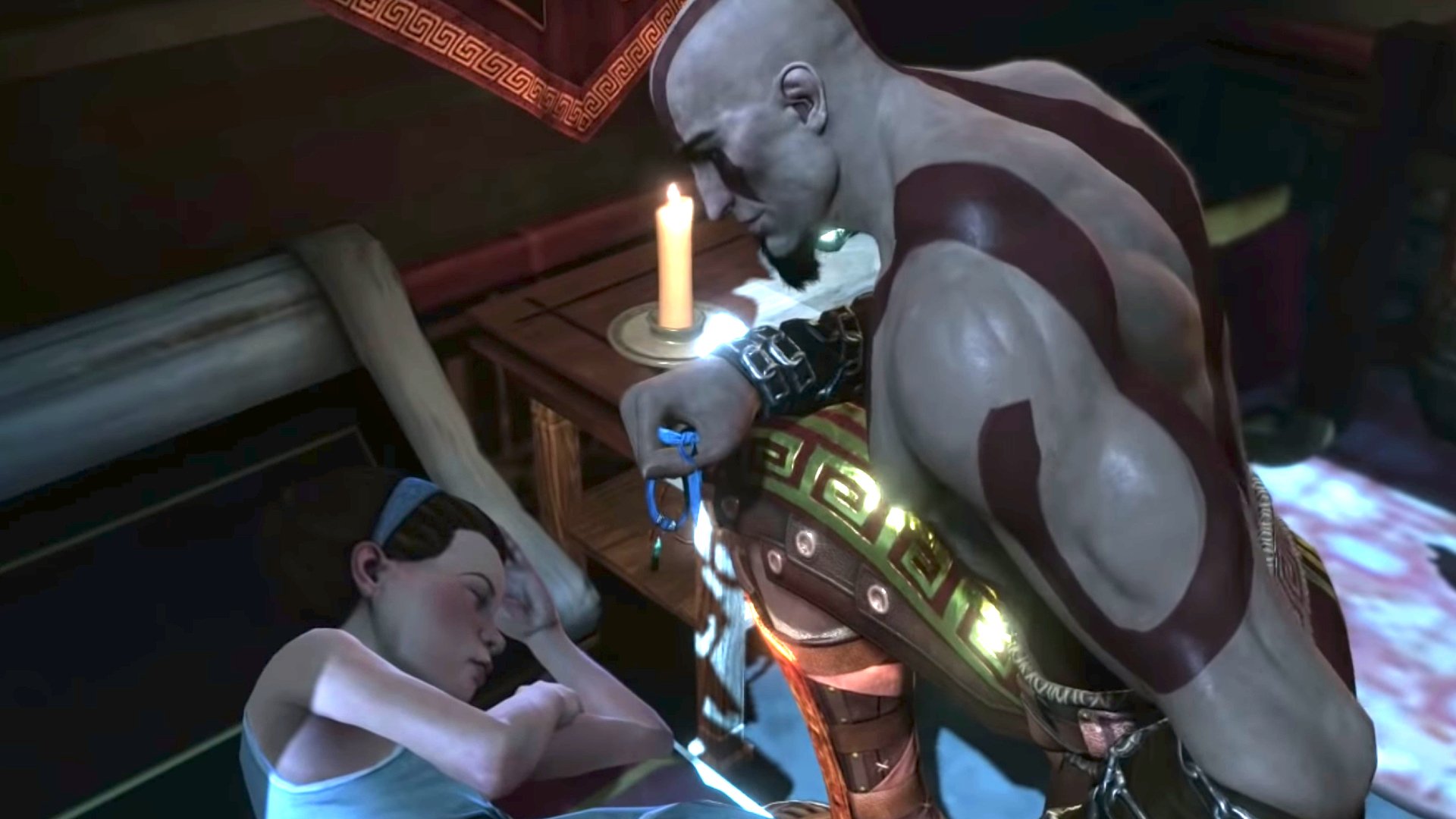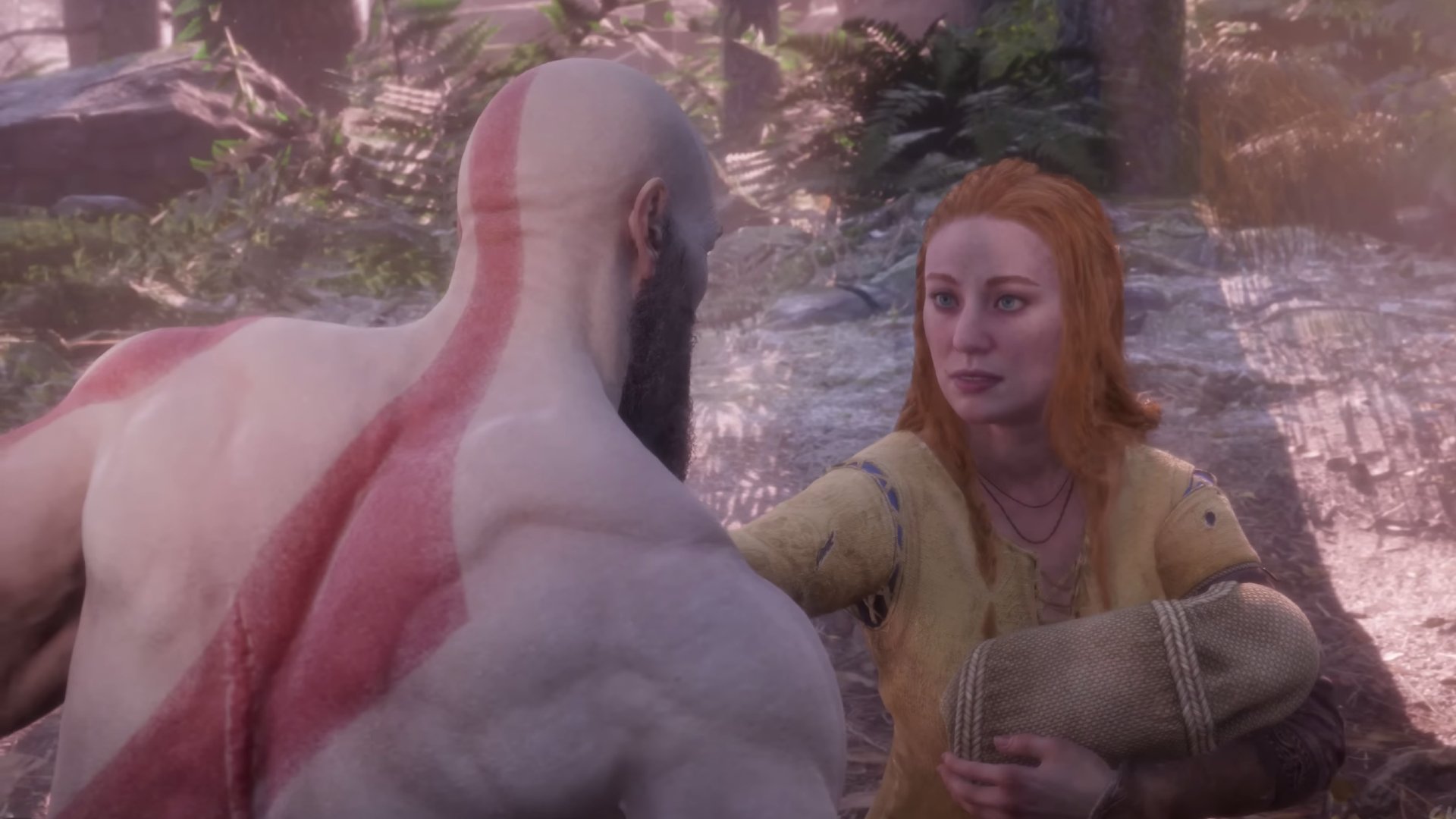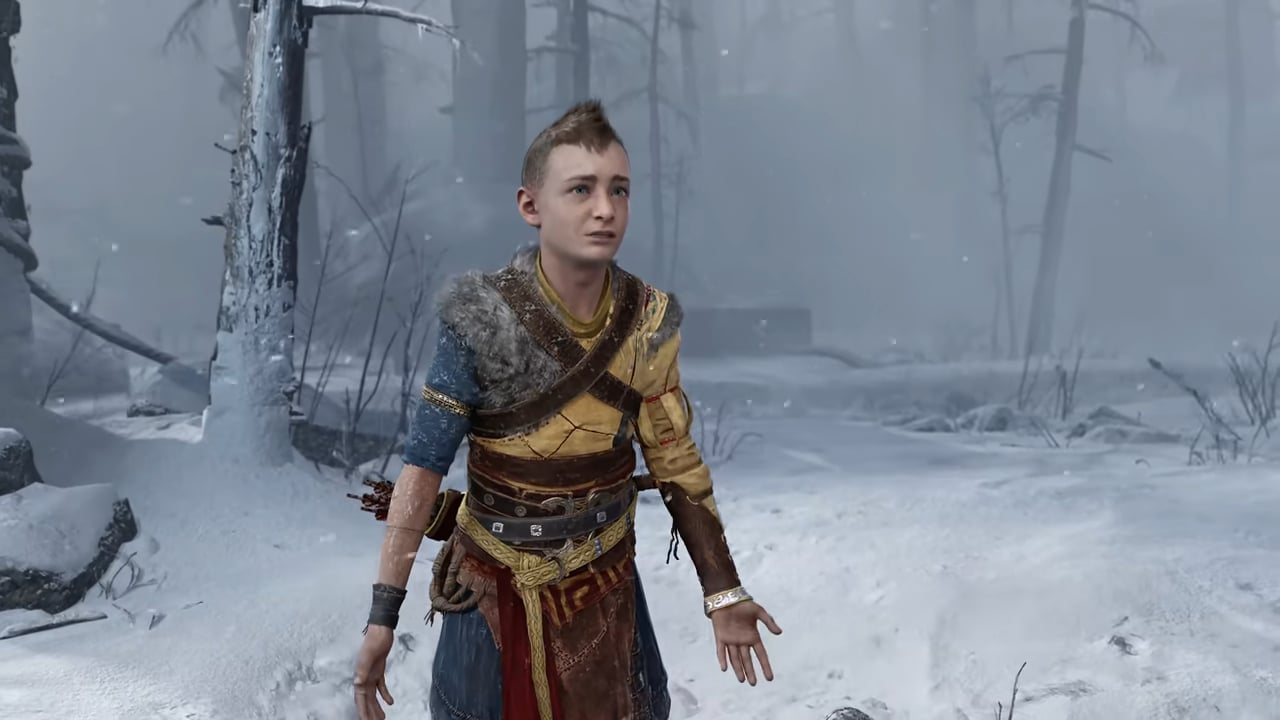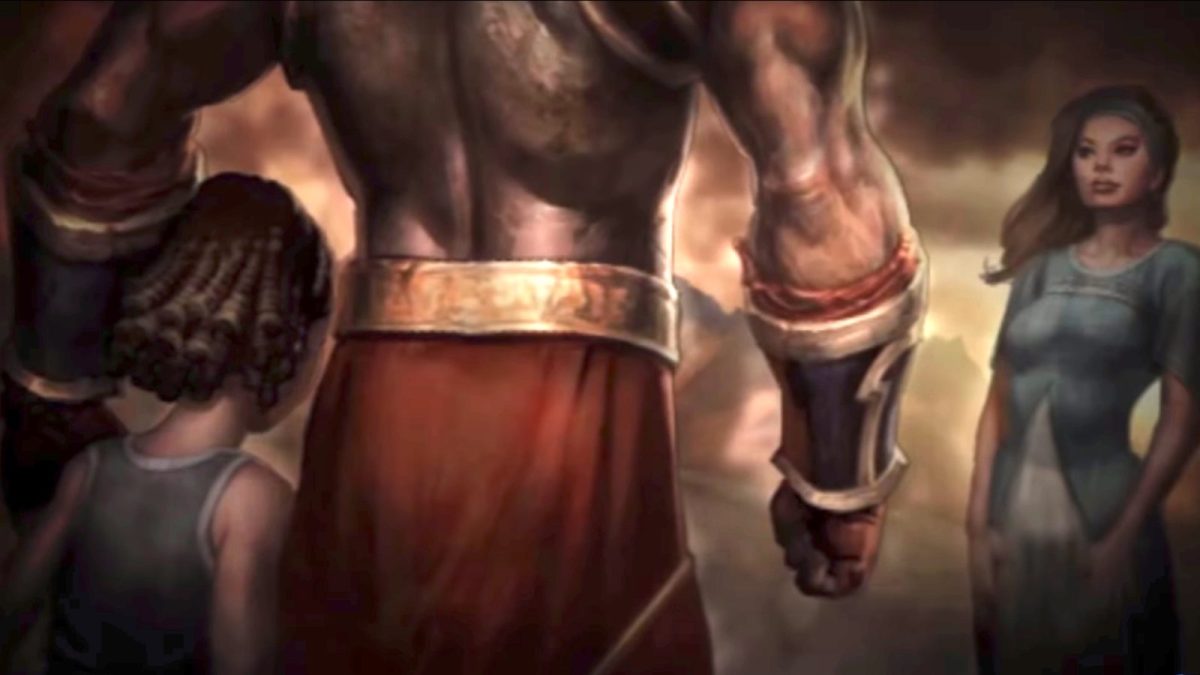The latest God of War outing concluded the Norse chapter of Kratos’ lengthy saga, bringing the story started in 2018’s God of War to a fitting conclusion.
The visually stunning title brought Kratos and his son, Atreus, against several of the most recognizable figures in Norse mythology. As they cut their way through the Nine Realms, the father-son duo found themselves pitted against some of the most recognizable — and most dangerous — gods from Norse mythology.
Through it all, the connection between Kratos and Atreus takes center stage. The Norse saga’s fixation on their familial relationship is a far cry from the rather shallow murder spree that dominated much of the Greek saga and helped to bring the games back to relevance. Due to their distance in tone and approach, there are a large number of gamers who’ve poured hours into 2018’s God of War and Ragnarök but have never tested their mettle against the Greek gods that dominated the first seven God of War titles.
As such, these gamers are missing out on some vital information about the titular God of War. See, Atreus and Laufey aren’t the first family Kratos had the pleasure of irritably grumbling at. He had a completely different family once, in the early days of the popular video game franchise, but many fans have long since forgotten about them. We’re taking a look back at Kratos’ long-forgotten family tree—not counting the many gods he’s discovered blood-ties with — starting back with 2005’s first God of War title.
Greek saga

Long before he was braving the icy mountains of Midgard with Atreus, Kratos was galavanting around ancient Greece. The red-streaked murder machine was once a capable Spartan captain, who — facing death at the hands of his enemies — made a pact with the original god of war, Ares. Kratos, emerging from the pact with a pair of vicious axes fused to his skin via chains, became an even more capable warrior. He cut his way through countless enemies in Ares’ name, only to himself fall victim to one of the god’s ploys.
In a fit of battle rage, Kratos attacked a temple dedicated to the goddess Athena at Ares’ behest. Unbeknownst to him, Kratos’ wife and child were within, transported there by Ares in a ploy to shape Kratos into the perfect weapon. Blinded by his berserker rage, Kratos cut through his family without a thought, only realizing his error after the fact. His horror and despair were unsuccessful in shaping him into Ares’ perfect tool, however, and instead resulted in a vendetta against the tricky god of war.
Kratos’ ashy white skin is a result of his horrific act, and the rage-filled god killer never truly moved on from the brutal loss of his family. He did, eventually, find love again, and that long-ago memory is likely a major culprit in his protective nature when it comes to Atreus. He still carries the ashes of his long-slain family as a permanent reminder etched onto his skin, immortalizing their memory across his pale flesh.
Lysandra

Kratos’ first wife was a Spartan woman named Lysandra. She was a kind but strong woman, one who often pushed back against her husband’s acts of mindless violence.
One of many women Kratos enjoyed during his time as a prominent Spartan captain, Lysandra was the only one to truly capture his attention. The pair quickly fell in love and married, and soon welcomed a daughter into the world. Despite his skill as a warrior and violent nature, Lysandra was one of very few people who never feared Kratos, and instead saw the man beneath the bloodshed.
Calliope

Lysandra and Kratos shared a daughter in the young Calliope. She was born after the two were wed, and soon developed a dangerous skin condition. The condition, which would eventually have been mortal, was enough to doom her by Spartan Law. The warrior-minded culture did not suffer weaklings, and children with illnesses or deformations were often hurled into chasms, rather than take food and care that could be given to stronger, more capable children.
Kratos, unwilling to see his daughter discarded, set out on a journey to hunt down an elixir capable of healing her ails. He tracked down Ambrosia and brought it back to Calliope, curing her of her skin condition and securing her place among her fellow Spartans. Her life was unfortunately fated to be a short one, thanks to Ares’ manipulations, but she was granted a slightly longer life thanks to Kratos’ dedication to keeping her alive.
Norse saga

The loss of his family haunted Kratos for years, following his turn from Ares and the Spartan military.
Eventually, however, the capable god-killer found love again. Years after he cut his way through the Greek pantheon, the ashy-skinned son of Zeus settled down with a new woman, this time from Norse mythology.
Laufey

Kratos’ second wife is never seen alive in the revamped God of War, but her memory is a major motivator for Kratos and Atreus throughout the game’s runtime. A giant of Jötunheim who strove to enjoy a mortal life with Kratos at her side, Faye never revealed her true nature to her husband or son.
Their quest to put her to rest eventually revealed Faye’s true background to Kratos and Atreus, all by her own machinations. She sent them on a carefully crafted quest to discover her origins and a long-ago prophecy about Atreus — or Loki — in order to ensure that her family truly knew her, and had a chance to bond in the process.
As he was growing up, Faye was heavily involved in Atreus’ life. She made him his bow, taught him the histories and languages of the Nine Realms, and the creatures they contain. She is the reason he knows how to shoot, and the reason he harbors a kind heart.
Atreus

The only son of Kratos, Atreus kind of won the genetic lottery. He’s the son of a demigod-turned-god, powerful enough to kill Zeus, and a famous Frost Giant who well-earned her reputation as Laufey the Just.
A sickly child, Atreus barely knew his father until his mother was gone. He largely spent his childhood with Faye, who taught him nearly everything he knows about the world, and shaped him into the young man gamers got to know in 2018’s God of War. As he progresses through the games, Atreus grows from uncertain boy into a man in his own right, working along the way to master his Spartan rage and discover his own myriad of abilities.

